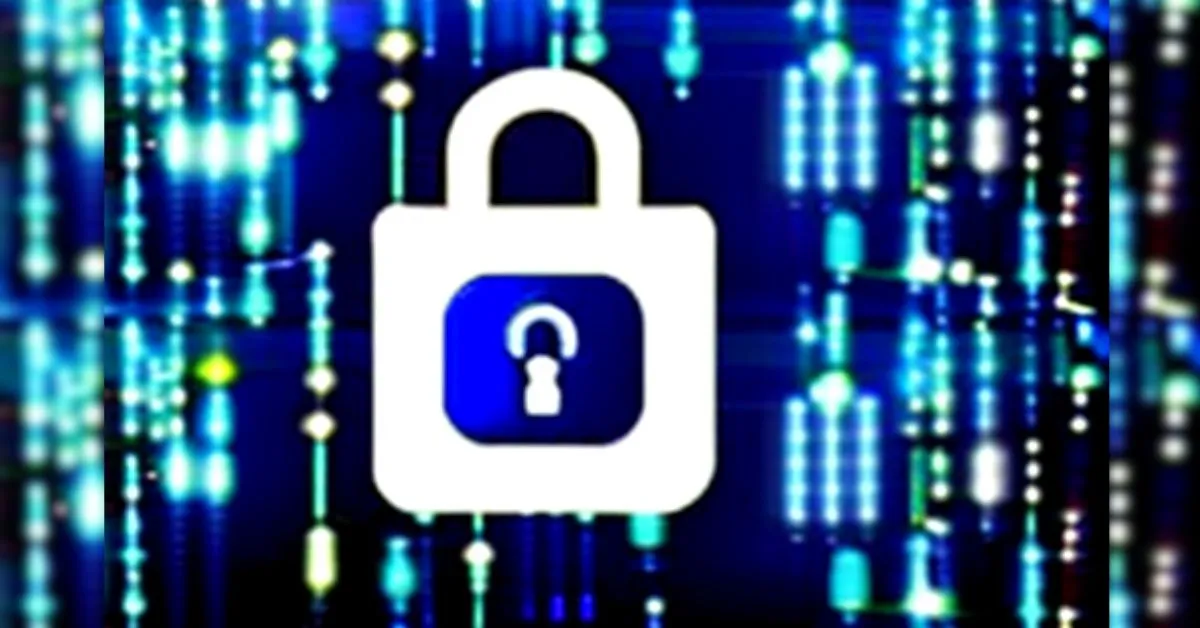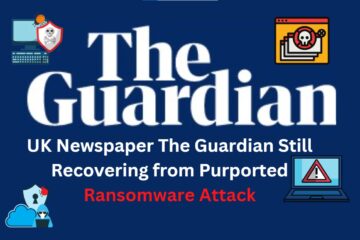- Assess Your Vulnerabilities
- Conduct Regular Security Audits
- Employee Training Best Cybersecurity Practices for Small Businesses
- Protect Your Network
- Install a Firewall
- Use Strong Passwords
- Data Protection
- Encrypt Your Data
- Regular Backups
- Implement Security Software
- Antivirus Software
- Endpoint Security
- Incident Response Plan
- Develop an Incident Response Team
- Conclusion
- FAQs
In an increasingly digital world, small businesses are more vulnerable than ever to cybersecurity threats. As the backbone of many economies, they must prioritize protecting their data and systems. This article outlines the best cybersecurity practices for small businesses to ensure they can operate securely and safeguard their sensitive information.
Small businesses often underestimate the importance of cybersecurity, thinking they are too small to be a target. However, cybercriminals see them as low-hanging fruit, making it essential for these enterprises to adopt robust cybersecurity measures.
Assess Your Vulnerabilities
Understanding your vulnerabilities is the first step in safeguarding your business. Identify potential weaknesses, both in your physical and digital environments, to develop a comprehensive security strategy.
Conduct Regular Security Audits
Regular security audits are crucial for recognizing potential threats. These audits help you stay proactive, rather than reactive, in addressing cybersecurity issues.
Employee Training Best Cybersecurity Practices for Small Businesses
Employees can inadvertently become weak links in your security. Training them in cybersecurity best practices is essential to prevent common mistakes.
Protect Your Network
A strong network is the foundation of your cybersecurity efforts. Protect it to keep cyber threats at bay.
Install a Firewall
In order to protect your network from potential attacks, firewalls serve as a barrier. They filter incoming and outgoing traffic, ensuring malicious content is blocked.
Use Strong Passwords
Weak passwords are an open invitation for cybercriminals. Encourage your staff to create secure, one-of-a-kind passwords for each of their accounts.
Data Protection
Safeguarding your data is paramount, especially if your business handles sensitive customer information.
Encrypt Your Data
Encrypting data ensures that even if it’s stolen, it remains unreadable to unauthorized users.
Regular Backups
Frequent data backups prevent data loss in case of a cyberattack. Implement a regular backup schedule to secure your information.
Implement Security Software
Investing in security software is a cost-effective way to bolster your defenses.
Antivirus Software
Antivirus software detects and removes malware, preventing it from causing harm to your systems.
Endpoint Security
Endpoint security protects individual devices within your network, ensuring they are safe from threats.
Incident Response Plan
Despite your best efforts, incidents can still occur. It is crucial to have a thorough incident response plan.
Develop an Incident Response Team
Create a dedicated team to manage cybersecurity incidents and respond promptly to minimize damage.
Conclusion
Cybersecurity is not an option but a necessity for small businesses. Implementing these best practices will help you protect your operations and sensitive data. Keep in mind that a cyber threat will strike “when,” not “if.”
FAQs
Is cybersecurity only important for larger businesses?
No, small businesses are also at risk and should prioritize cybersecurity.
How often should I conduct security audits?
Regular security audits should be performed at least annually, if not more frequently.
Can I use free antivirus software for my business?
While free antivirus software is better than none, investing in a robust, paid solution is recommended for enhanced protection.
What should be included in an incident response plan?
An incident response plan should outline specific actions, responsibilities, and communication procedures in case of a cybersecurity incident.
Are there government regulations regarding cybersecurity for small businesses?
Yes, some regions have specific regulations that small businesses must follow regarding cybersecurity practices. Always verify with your local government.



